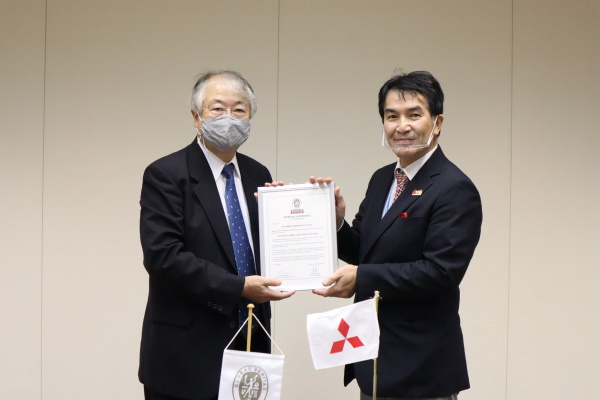
Digital Container Shipping Association establishes new standards
Standard data specifications for the port call process have been released by the Digital Container Shipping Association (DCSA), a non-profit organisation set up to further digitalize container shipping technology standards.
As explained, DCSA port call standards will allow container ships to optimize their steaming speed by moving container shipping towards a JIT port call mechanism, thereby lowering fuel consumption and reducing CO2 emissions. This is the first publication of a program for the DCSA Just-in-Time (JIT) Port Call.
DCSA port call data concepts comply with IMO and ITPCO Just In Time (JIT) Arrival Guide standards, the association said, to provide a global industry context that protects existing investments.
Specifically, the DCSA Port Call Data Definitions will facilitate the consistent sharing of event data by airlines, ports and terminals, allowing digital planning and operational optimisation. The first step towards achieving a digital, global, just-in-time Port Call ecosystem is widespread acceptance.
“Just-in-time port calls enabled by DCSA digital standards will play an important role in helping ensure that these attributes are a core part of our infrastructure. There are a lot of moving parts and stakeholders that need to work together to enable a JIT port call. With commitments from the world’s top carriers, DCSA’s digital standards are key to enabling this collaboration," Erwin Verstaelen, CDIO for Port of Antwerp, stated.
“The JIT port call will streamline a number of key processes for industry stakeholders, and it will also benefit the environment. Enabling a vessel to optimise its speed during the voyage to arrive just in time at the Pilot Boarding Place, when berth availability is ensured, will significantly reduce the amount of fuel consumed. Achieving this will require digital collaboration between carriers, ports and terminals,” Thomas Bagge, CEO DCSA, said.
Maritime Business World




YORUM KAT